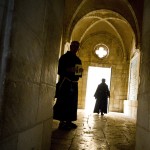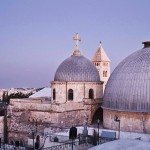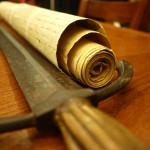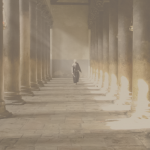Making a will
A will is a valuable tool inasmuch as it gives us the opportunity to determine the disposition of our assets for the future and allows us to make an important final gesture that can have a lasting impact: it can signify, in a certain manner, living forever in that land which during our lifetime we loved so much.
Making a will is a simple act
The procedures for drawing up wills differ somewhat between countries and, on occasion, between jurisdictions within the same country. What follows in this and subsequent paragraphs is a general description of some of the more common procedures. For more detailed information on the requirements in your own country, you will need to consult the appropriate local resources: lawyers, notaries public and/or the many specialist “guides” that are publicly available.
The simplest and most economical way of making a will, in jurisdictions in which it is permitted, is a holographic will drawn up by the testator himself which does not have to be witnessed. There is generally no specific required form (it can, for example, take the form of a letter) but there are certain fundamental points that need to be included. Most importantly, the will itself has to be handwritten by the testator himself, without the use of a typewriter, pc or other writing device; essential elements that must be included are the date, place, and signature. The will should be kept in a secure location and, if possible, two identical copies should be drawn up, with one of these entrusted to a person of confidence. It is also generally possible for a holographic will to be safeguarded at the office of a lawyer or notary (on payment of a small fee).
If you decide to make a legacy to Association pro Terra Sancta, it is essential to accurately record the complete address:
Associazione di Terra Santa Via Matteo Boiardo, 16 – Roma
More common in most jurisdictions are “witnessed” wills, which are signed by two or more witnesses (who are not beneficiaries under the terms of the will) in the presence of the person making the will.
Regardless of the form that the will takes, it can be modified or revoked at any time by the testator.
What we are able to receive as inheritance
You can support the work of the friars of the Holy Land by bequeathing a sum of money, no matter how small, or investment funds or shares; also personal property such as paintings or other objects, or real property, such as land, houses, shops. It is also possible to name the Association as the beneficiary of a life insurance policy which, since it does not form part of the estate, can be freely left to any person or entity. In this case, it is not necessary to make a will but rather to identify the beneficiary when the policy is created, or at a later time if the policy already exists as it is generally possible to modify the choice of beneficiary at any time.
Thank you for your interest.





